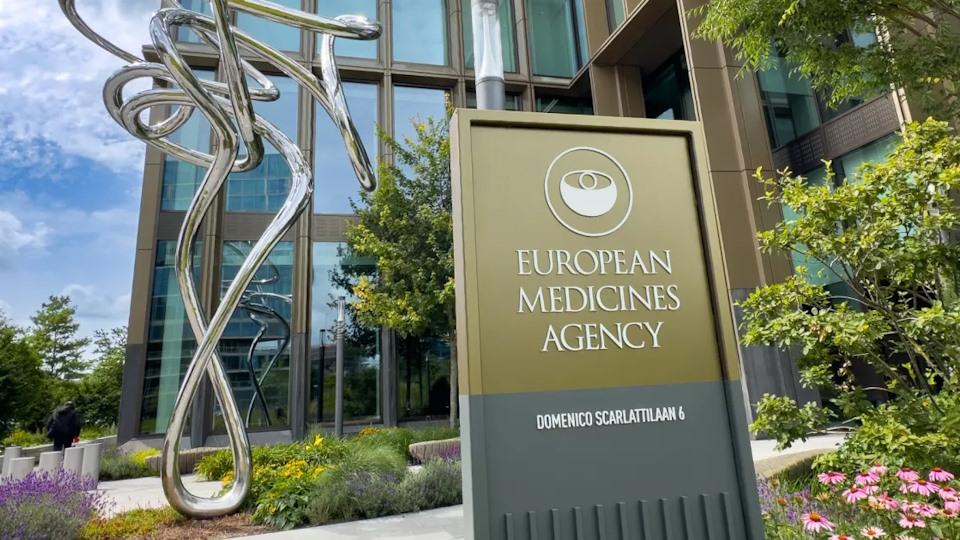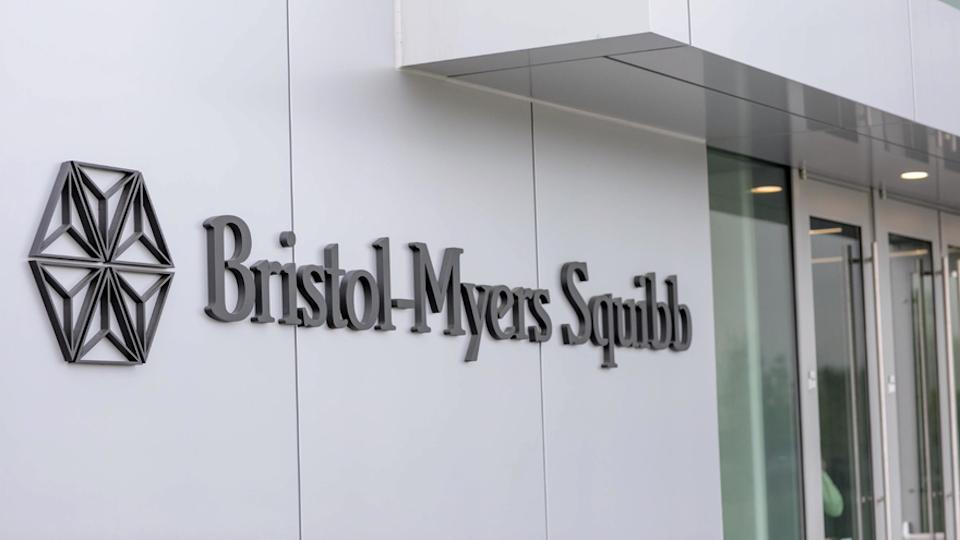After FDA no, Regeneron gets yes from EU on odronextamab

Regeneron's CD20xCD3 bispecific antibody for non-Hodgin lymphoma (NHL) has been approved in Europe, five months after it was turned down by the FDA in the US.
Ordspono (odronextamab) has been cleared by the European Commission to treat adults with relapsed/refractory follicular lymphoma (FL) or diffuse large B-cell lymphoma (DLBCL) who have progressed after at least two prior systemic therapies, a few days after a rival therapy from Johnson & Johnson was cleared in the EU for the same indication.
It's also a key milestone for Regeneron, as Ordspono is the first bispecific antibody it has brought to market, heading up a pipeline of around a dozen candidates in clinical testing.
The new drug joins a clutch of CD20xCD3 bispecifics approved in Europe, including J&J and Genmab's Tepkinly (epcoritamab), which got an EU green light on 19th August, as well as Roche's Lunsumio (mosunetuzumab) and Columvi (glofitamab) which were approved as third-line therapies for FL and DLBCL, respectively, in 2022 and 2023.
All of the drugs are being positioned as off-the-shelf alternatives to CAR-T cell therapies for NHL, such as Gilead Sciences' Yescarta (axicabtagene ciloleucel), Novartis' Kymriah (tisagenlecleucel), and Bristol-Myers Squibb's Breyanzi (lisocabtagene maraleucel), which have complex manufacturing and administration procedures and require in-hospital care.
They can also be considered as options for the post-CAR-T setting as the cell therapies move further up the treatment pathway.
When the FDA turned down odronextamab in a complete response letter in March, Regeneron said that it was because it had not yet started trials that would be used to confirm accelerated approvals for the two indications. It stressed there were no issues with "clinical efficacy or safety, trial design, labelling, or manufacturing" that could suggest a lengthy delay.
The EU approval is based on the results of the ELM-1 and ELM-2 trials, which revealed an 80% overall response rate (ORR) with the drug in FL patients, with 73% complete responses. In DLBCL, the ORR came in at around 50% with around a third of patients seeing a complete response.
Regeneron has studies of odronextamab on the go in mantle cell lymphoma (MCL) and marginal zone lymphoma (MZL), and is also testing odronextamab in tandem with a CD22xCD28 bispecific REGN5837 in aggressive B-cell NHL.
Analysts at Jefferies have previously said they believe Epkinly will lead the CD20xCD3 bispecific class with sales of $2.75 billion a year, with Roche's two drugs making around $2 billion combined.
Odronextamab is viewed as trailing the leaders, they said, in part because it is later to market, was linked to some treatment-related deaths in its trials programme and spent some time on clinical hold during its development, and somewhat less impressive DLBCL data.
FL and DLBCL are the two most common subtypes of B-cell NHL. There are around 120,000 cases of FL diagnosed each year in Europe, and 163,000 cases of DLBCL.
"Building upon this approval, we are excited about our OLYMPIA program, which includes multiple phase 3 trials investigating Ordspono as a monotherapy and in various combinations, in earlier lines of therapy," said Regeneron's chief scientific officer George Yancopoulos.
"We're also excited to be advancing our broader pipeline of CD3 and other bispecific therapies, both to additional hematologic cancers such as myeloma, as well as to solid tumours."












